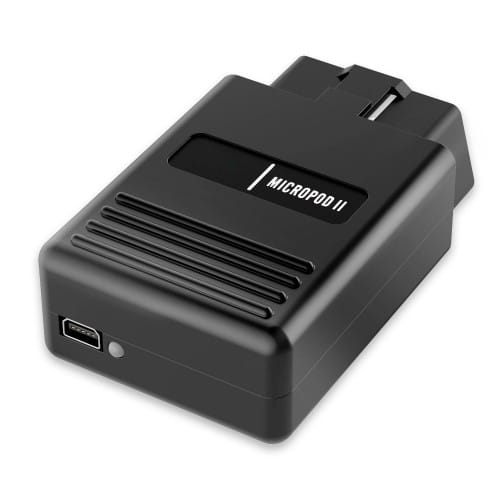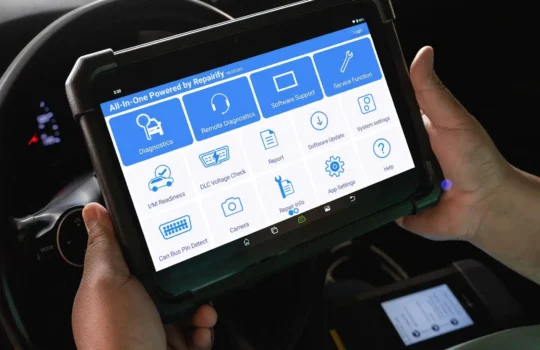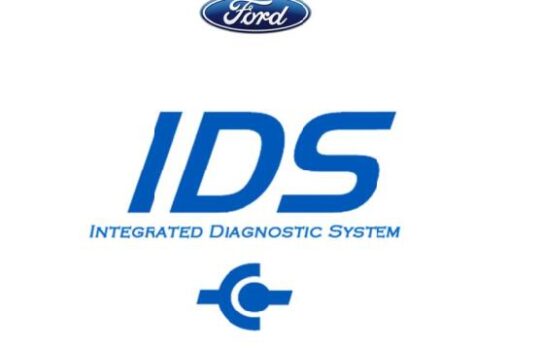How to Choose the Right Auto Repair Shop CRM for Your Garage
Why Choosing the Right CRM Matters
Choosing the right auto repair shop CRM can completely transform how your garage operates. It’s not just about storing customer data — it’s about creating smoother communication, preventing scheduling conflicts, and ensuring your entire team runs like a well-oiled machine.
A well-implemented CRM becomes the hub of your business — from first customer contact to final invoice. The wrong one, however, can cause confusion, missed follow-ups, and unhappy customers.
Signs You’ve Outgrown Spreadsheets and Whiteboards
If you’re still using spreadsheets, shared calendars, or whiteboards to manage customers and appointments, you’re already losing efficiency. Here are key warning signs that it’s time to upgrade:
- Double bookings and missed follow-ups
- No central place to track job history
- Staff confusion about who’s handling which customer
- Difficulty accessing information offsite
- Inconsistent or incomplete records
Once your shop starts experiencing any of these, it’s time for a dedicated auto repair CRM.
Key Features to Look for in a Modern Auto Repair Shop CRM
When comparing platforms, focus on tools that save time, reduce errors, and strengthen relationships. These are the must-have features for every auto repair shop management software:
1. Smart Scheduling & Calendar Sync
Ensure your CRM includes automated scheduling, conflict alerts, and text/email reminders. This eliminates costly double bookings and keeps your bays full without chaos.
2. Complete Customer History
Each customer profile should include service history, quotes, estimates, and communication records. It helps your technicians deliver personalized service and recommendations.
3. Invoicing & Estimates in One Place
Integrated billing reduces manual work and avoids errors. Look for systems that allow you to convert estimates into invoices in one click.
4. Multi-Channel Communication
The best CRMs support WhatsApp, SMS, and email so you can follow up with customers wherever they prefer to chat.
5. Reporting & Performance Insights
Your CRM should offer analytics that reveal your most profitable jobs, busiest days, and best-performing staff members.
How to Compare CRM Systems Before You Buy
When evaluating CRMs, use these criteria:
- Ease of Use: Can technicians and service advisors learn it quickly?
- Integration: Does it work with QuickBooks, payment gateways, or DVI tools?
- Scalability: Can it handle multiple users or branches as you grow?
- Support & Training: Is there onboarding assistance or documentation?
- Pricing Flexibility: Are there free tiers or affordable starter plans for small shops?
Take advantage of demos or free trials — but test them with real data from your shop, not just sample accounts.
Implementation Tips: Make It Stick
Even the best CRM fails without proper onboarding. Train your team before launch, start with one workflow (like scheduling or estimates), and gradually expand to full usage. Define internal SOPs and measure adoption weekly to ensure it sticks.
Final Thoughts: Your CRM Should Work for You, Not Against You
A CRM is the heartbeat of your workshop. The right one eliminates chaos, creates loyal customers, and saves hours every week.
Start by reviewing our Best Auto Repair Shop Software of 2025 comparison to understand today’s top tools and which features actually matter.
Then, see how Garage360’s CRM module simplifies scheduling, communication, and follow-ups — giving your shop the clarity and consistency you’ve been missing.



